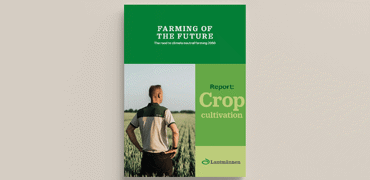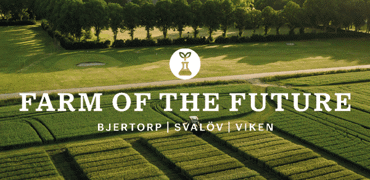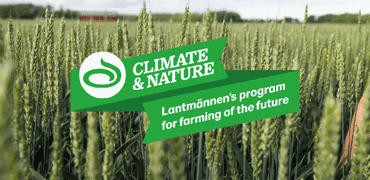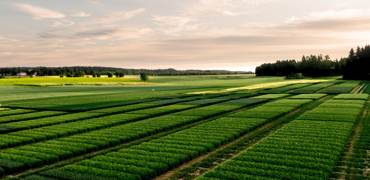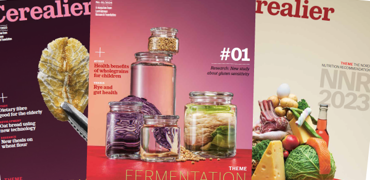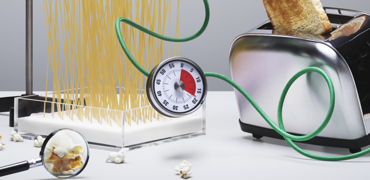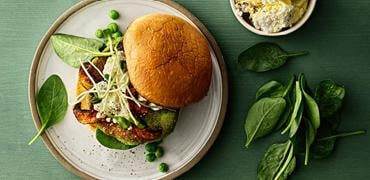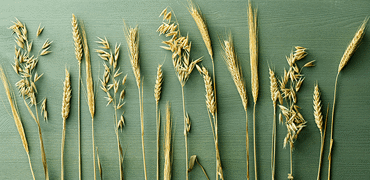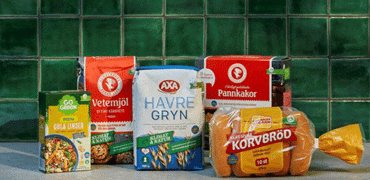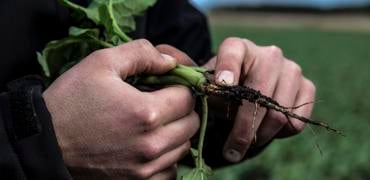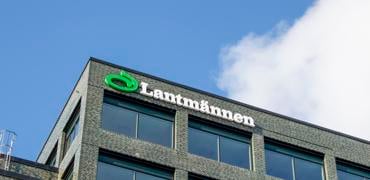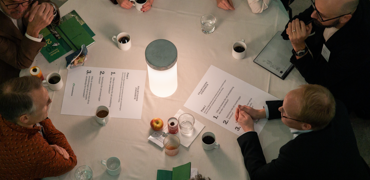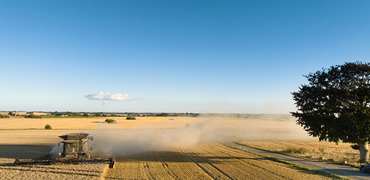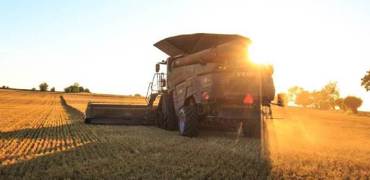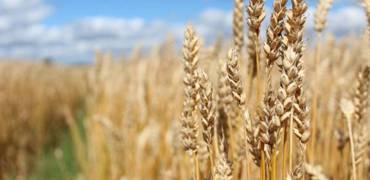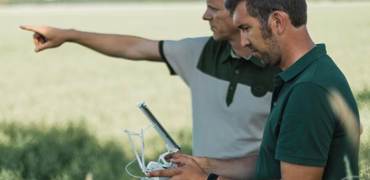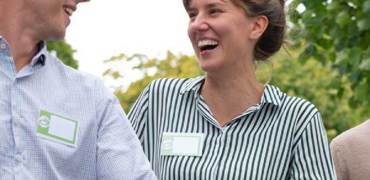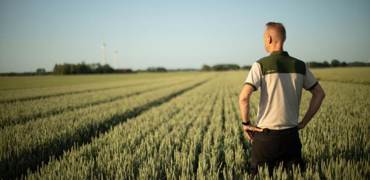It was a regular working day at Lantmännen Biorefineries, when some employees brainstormed an idea: Couldn't they recycle residues from the food industry? Well, maybe it would work. Why not? After all, the factory brought in grain to produce bioethanol. And what food scraps contains grain? Bread, dough and flour - leftovers that are also found at their sister companies, Unibake and Cerealia.
The production in Norrköping is built to run on grain, so there were several challenges going from idea to reality; challenges that the employees had to figure out together as there are no existing solutions established on the market that are complete.
“It is not possible to just throw bread loaves and dough straight into production. For example, grain is brought in and stored in silos – how would one receive and store food scraps that come in many different forms? These are residues that also come with and without packaging,” says Victoria Edwards Done, who works at Lantmännen Biorefineries and was previously responsible for their recycling department.

It was necessary to look at which machines needed to be bought or modified to include food scraps into the actual production process.
“Since we also manufacture feed, it was necessary to see how feed safety could be ensured. Once we were up and running, our solution worked well. After a few years, we wanted to expand our operations abroad. Today we have two recycling hubs for food scraps in Finland and in Denmark,” says Victoria.
The residues come from sister companies within the Lantmännen Group, factories within Biorefineries and from other external companies. It can be bread crusts, leftovers from bowls, products with the incorrect weight or a short expiration date. Common for the collected food scraps is that they are all rich in starch.
The project started in Sweden in 2014. When the business went to expand to other countries, new challenges arose: How would they transport the material to the plant in Norrköping without it going bad along the way? The issue was resolved, and since 2018 there is a recycling hub in Finland from which the transport continues by boat to Norrköping.
“The expansion has continued, and in 2020 we built a hub in Denmark. Sometimes we get questions about the environmental impact of our transport, but it is actually a very small part of the end products' climate footprint. Because we have an efficient production and can refine the various components of the food scraps into new products, we are a climate-smart alternative,” explains Victoria.






